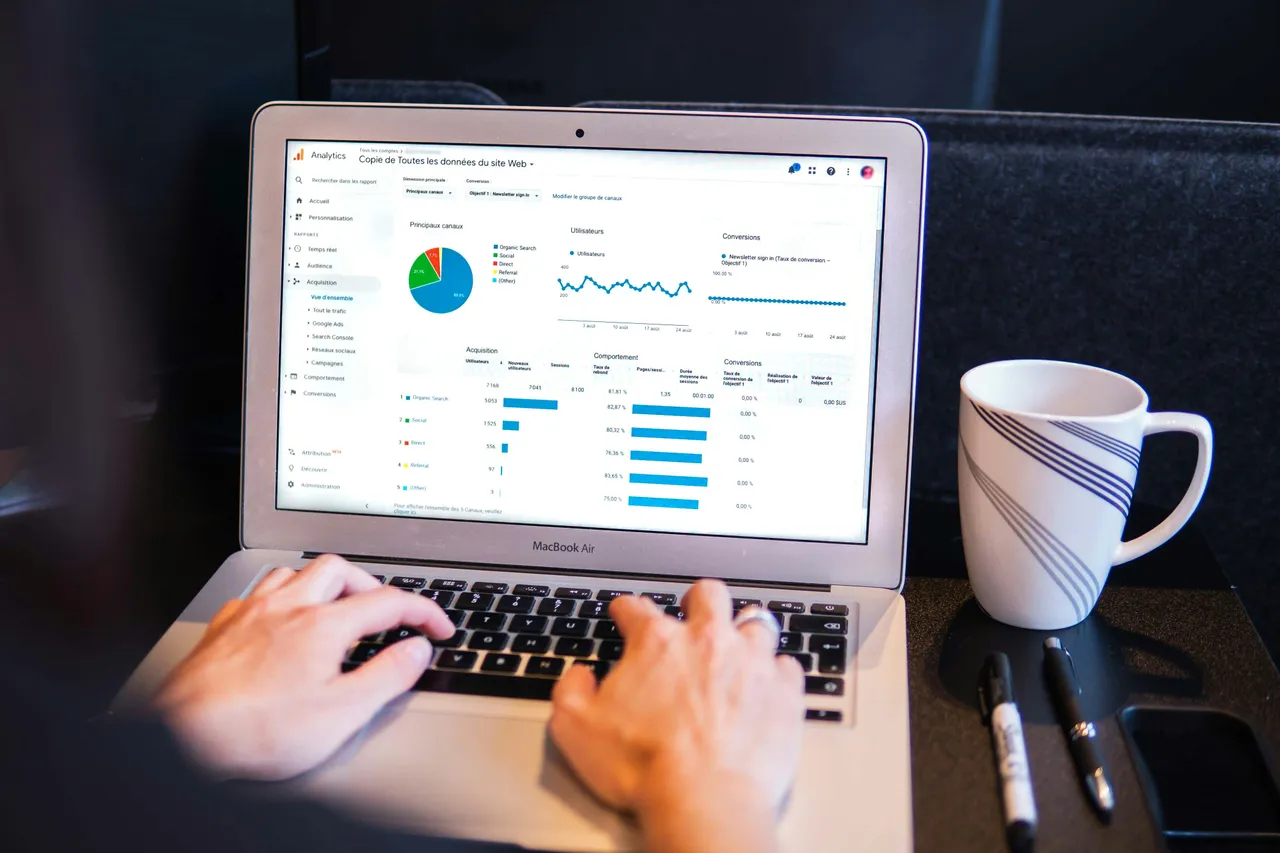Content Marketing Metrics: Measuring Success Beyond the Clicks
In the dynamic world of content marketing, measuring the impact of your efforts goes way beyond just tracking clicks. This article delves into the essential metrics that offer a deeper insight into your content's performance, enabling you to craft strategies that resonate with your audience and drive meaningful engagement.
Understanding Engagement Beyond Clicks
Engagement metrics provide a more nuanced view of how your content resonates with your audience. While clicks give you an idea of what initially attracts attention, metrics like time spent on page, bounce rate, and interaction rate (comments, shares, likes) offer a glimpse into the quality of that attention. High engagement rates usually indicate content that is not only interesting but also valuable to your audience, encouraging them to interact with your brand on a deeper level.
Another layer to consider is the 'shareability' of your content. A high number of shares suggests that your audience finds your content not just valuable, but also worthy of being recommended to others. This can be a powerful form of organic reach that amplifies your content’s impact beyond the initial click.
Conversion Metrics: The Ultimate Goal
While engagement metrics are important, conversion metrics are the true measure of content marketing success. Conversion rate, lead generation, and ROI (Return on Investment) provide concrete evidence of your content’s ability to persuade your audience to take a desired action, be it signing up for a newsletter, downloading a guide, or making a purchase. These metrics help you understand the effectiveness of your content in contributing to your business goals.
It's essential to track these metrics closely and analyze them in the context of your specific objectives. For instance, if your goal is brand awareness, high engagement and shareability might be your primary focus. If it's lead generation or sales, conversion rate and ROI will be your main indicators of success.
The Role of SEO in Content Marketing Metrics
SEO metrics, including keyword rankings, organic traffic, and backlinks, are crucial for understanding how well your content is performing in search engines. These metrics not only reflect the visibility of your content but also its authority and relevance to your target audience. Improving in these areas can lead to higher organic search rankings, which in turn, drives more traffic and potentially more conversions.
Remember, SEO is a long-term strategy. Initial improvements in these metrics might be gradual, but they indicate progress towards establishing your content as a trusted source of information, which is vital for sustained success in content marketing.
Analyzing and Adjusting Your Strategy
Collecting and analyzing these metrics is only part of the process. The real value comes from using this data to refine and adjust your content marketing strategy. Identify what types of content perform best across different metrics and why. This understanding allows you to produce more of what works and less of what doesn’t, leading to a more effective and efficient content marketing strategy.
Regular analysis also helps you stay ahead of changing trends and audience preferences, ensuring that your content remains relevant and engaging. By continuously monitoring these metrics, you can make informed decisions that drive your content marketing efforts towards achieving your business goals.
In conclusion, while clicks can give you a quick snapshot of interest, diving deeper into engagement, conversion, and SEO metrics offers a comprehensive view of your content marketing success. By focusing on these metrics, you can develop strategies that not only attract but also retain and convert your audience, ultimately driving meaningful results for your business.
This article was developed using available sources and analyses through an automated process. We strive to provide accurate information, but it might contain mistakes. If you have any feedback, we'll gladly take it into account! Learn more
